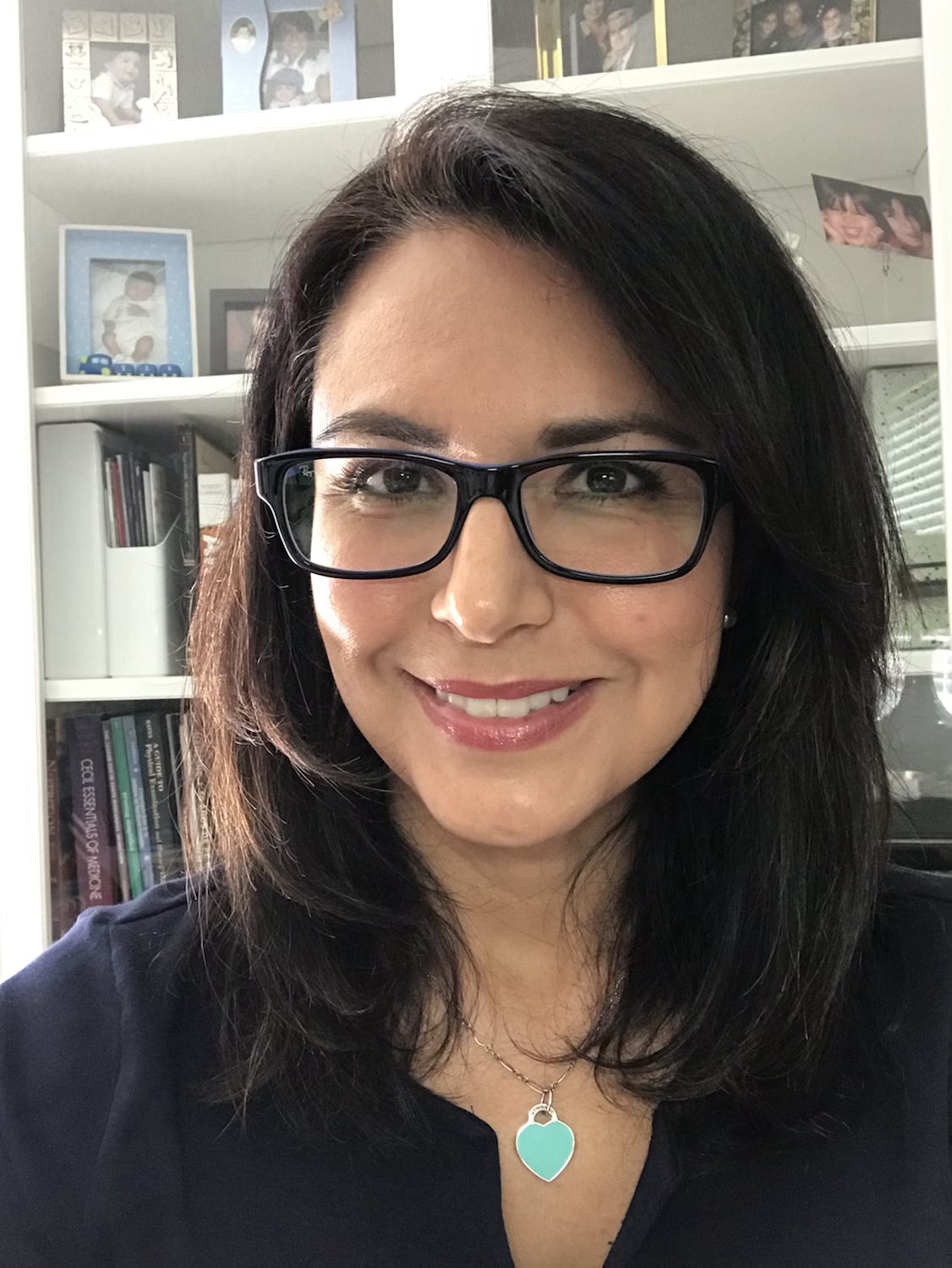Sleep for Laser Sharp Focus
- Veronica Trevilla

- Feb 25, 2021
- 4 min read
Updated: Sep 29, 2022
Contrary to popular American attitude, sleep is NOT a luxury. Sleep is a physiological function even more necessary than eating at regular intervals. You can fast safely from solid food for days, even weeks. But try "fasting" from sleep. You're likely to suffer severe mood swings, volatile emotions, forgetfulness, heart palpitations, insatiable cravings for carbohydrates (hello diabetes!), dizziness, headaches, blurred vision, muscle aches, joint pain, even seizures. Every sleep specialist will tell you, If you're not sleeping enough at night you will not be on your "A" game the next day.
In fact, when I'm evaluating a patient for ADHD one of the most critical parts of the interview is asking about sleep. How much sleep are you getting at night? What's the quality of your sleep? Do you snore? Do you get up more than once in the middle of the night? Do you wake up feeling refreshed and restored? Do you toss and turn to try to get to sleep? Do you hit snooze 5 times or are you up on the first alarm? Do you need a nap in the afternoon because you feel you've hit wall?
All of these details matter. There's a reason we have a field of medicine dedicated to sleep. Sleep specialists may be pulmonologists, neurologists, psychiatrists, even endocrinologists and cardiologists are learning more about the clinical implications of healthy sleep. Do you know why? Because sleep affects every organ system of the body.
Many of my friends, co-workers, and family members view sleep as a sign of weakness or laziness. In Jay Shetty's recent book, Think Like a Monk, the author touches on the importance of sufficient sleep and how unfortunately, our "productivity driven society" encourages us to work more and sleep less and think that it's ok. He even quotes the writer Maria Popova, "We tend to wear our ability to get by on little sleep as some sort of badge of honor that validates our work ethic. But what it is, is a profound failure of self respect and of priorities." I agree 100%!
Sleep has always been important to me. In fact, if you read or listen to the author Gretchen Rubin, writer of Better Than Before, and host of the podcast "Happier", you know she has named herself a "sleep zealot." And I can so relate to that! I remember loving to sleep as a child. As an adult, I've also valued sleep through every stage of life - especially after the birth of my two beautiful kids.
Sleep more. Sleep better. Your mental clarity and focus will improve. Your energy will improve. Your mood will improve, and so will your resilience when life throws a wrench in your day.
So how can you improve the amount and quality of sleep?
I'm so glad you asked. Sleep doctors call it "good sleep hygiene." Here's what it includes:
*Turn off all electronics 1 hour before you want to fall asleep. That means anything with a screen: laptop, tablets, phones, TVs.
*Have a bedtime ritual that you stick to nightly. This may include a warm soothing shower, taking off your makeup, flossing, brushing, slathering on an aromatherapy lotion, slip in to soft comfortable sleep wear, keep a bed or journal with pen by the bed and read something fun (not news!) or write out what you want tomorrow morning to look like.
*Soft lighting in the bedroom. Warm lighting. Preferably on a dimmer, but a bedside lamp works fine if you're in a rental and you're not at liberty to install dimmers.
*Soft music. I like to ask Alexa to play "spa music." It brings relaxing music into my ambience.
*Make sure your room is dark and cool. Turn down the thermostat or use a fan to get the temperature comfortable.
*Wake at the same time consistently throughout the week. Sleeping in on the weekends is certainly ok now and then but it should never be more than. an hour later than your usual wake time.
*Keep daytime naps to a minimum and keep them early. A refreshing 10-20 minute cat nap can rejuvenate you, but certainly don't nap after 3 pm.
*Avoid caffeine after 3 pm.
*Avoid overindulging in food and alcohol late at night. One glass. of wine may be fine. to unwind, but any more than that is likely to interrupt your sleep and sure to cause unpleasant effects in the morning that sap your daytime energy.
*Exercise early in the day.
*Expose yourself to natural light during the day even for just 10-30 minutes/day.
Try these sleep hygiene habits for one week: log your sleep routine (before bed and upon arising). Be conscious of how you feel in the morning. Be conscious of what races through your mind at night. Aim for 7-9 hours as much as possible. Everyone has a different sleep threshold, but most healthy adults thrive in the range of 7-9 hours.
Let me know how your sleep project goes. Sweet dreams!
You can email me at: veronica@focusedmindcoach.com or leave a comment in the comments below. I can't wait to hear what you discover!



Comments